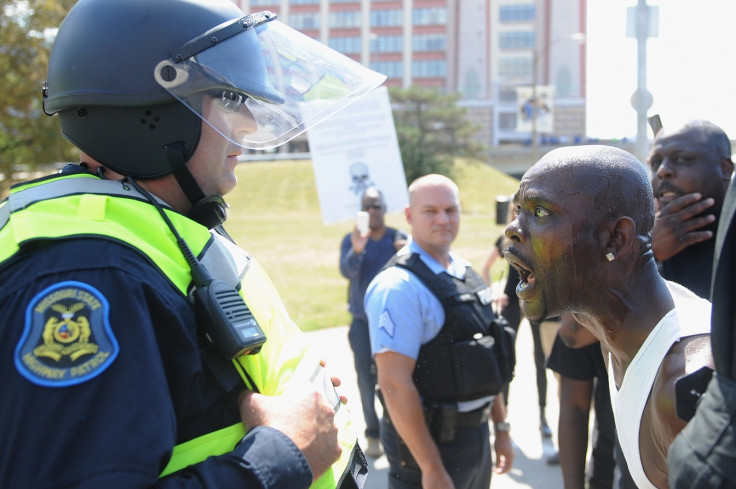This AI system uses news reports to provide information about police encounters
The early-stage model employed police shooting data from Google News reports.

Scientists have developed an AI system that can curate a database of police encounters by reading them from various news reports, according to a report in TechCrunch.
The machine learning system, developed by a group of professors from the University of Massachusetts Amherst, uses a corpus of news reports to create a database of people who died during police encounters as well as the officers involved in those fatalities. It was detailed at the Association for Computational Linguistics' 2017 Conference in Copenhagen.
The early-stage model employed police encounter data from news reports, which are pretty much undisputed when it comes noting the basic fact that a man has been killed by a cop.
The professors fed the AI system with a bunch of news reports circling around police and deaths. They first used keywords like 'officer', 'cop', 'shot', 'died' to gather Google News articles dating back to 2016 and processed that information to avoid duplication and general mistakes.
Then, the system used that corpus to extract the instances of direct killing, attempting to create the needed database. As a result, 57% of its findings matched with the ones noted by Fatal Encounters – a major manually curated database of police-related fatalities by journalist D Brian Burghart – in last quarter of 2016.
Although this is not extremely accurate but is good enough to prove the viability of the prospect where an AI could offer a faster approach to create a massive, unambiguous database.
At present, there are many sources of information to collect data about the number of police shootings or encounters that occurred over last two decades. Although those pieces of information could vary depending upon the source they're coming from. Law enforcement may follow a different approach towards tracking encounters, while research groups may have a totally different outlook towards different cases – a problem the new system could soon tackle effectively.
But, it's important to note that the machine learning system doesn't rule out the need for human touch. The accuracy and speed of the system could be improved with more data and training, but a manual review would still be required to validate the whole thing.
The researchers involved in the study also believe that moving ahead the AI system could be repurposed to create a database by extracting any kind of information from news articles and not just police encounters.
© Copyright IBTimes 2025. All rights reserved.





















